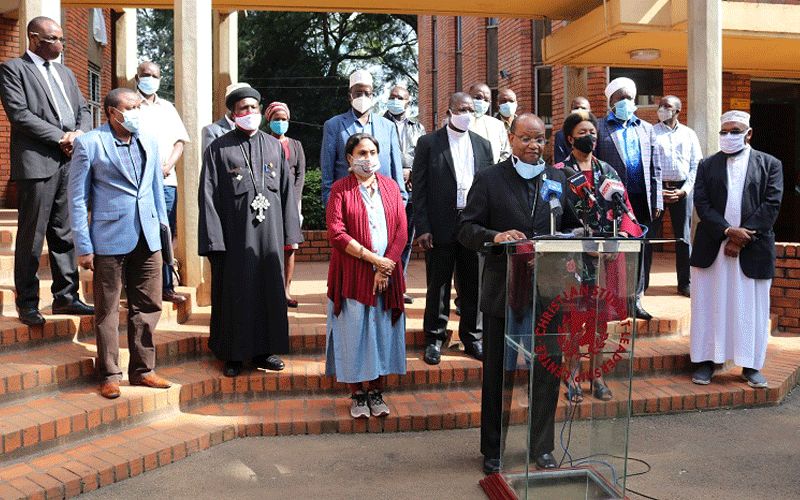Nairobi, 28 June, 2020 / 10:32 pm (ACI Africa).
Members of Kenya’s Inter-faith Council, constituted to develop protocols for the resumption of public worship are being guided by their faith in the Almighty, advice from relevant experts, and the wishes of the people of God in East African nation as they go about planning the resumption of public worship and related ceremonies, they have said in a statement.
"As faith leaders, we are keen to listen to the voice of God, the wisdom of science and to the voices of our faithful in addressing this mandate that has been tasked to us," the Council members say in their letter issued Saturday, June 27.
They add, “As men and women of faith, we are committed to do what is within our capability to ensure that proper guidelines and protocols are put in place to ensure the safety of our congregants as the phased opening of worship places are put in place and the celebration of wedding, funerals and other religious ceremonies.”
In their collective statement signed by the Council’s Chairperson, Catholic Archbishop Anthony Muheria, they confirm that they have received proposals from various religious groups and have called on those who wish to send submissions to do so.
"We are open to receive any submissions from organized religious groups who can get in touch with our secretariat,” the members of the Council say.








